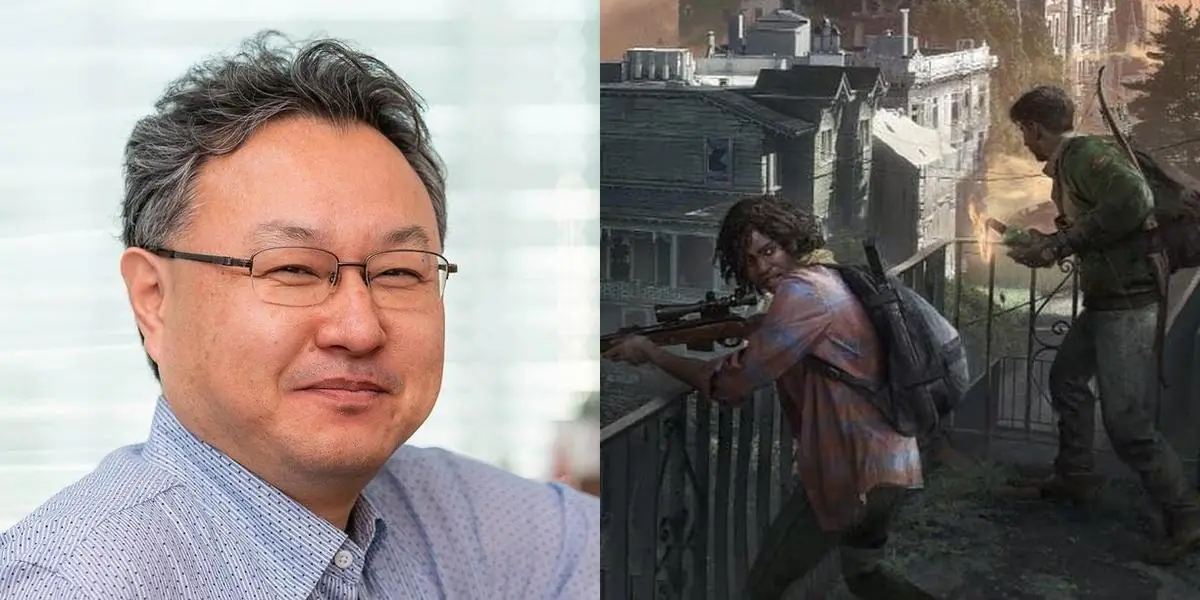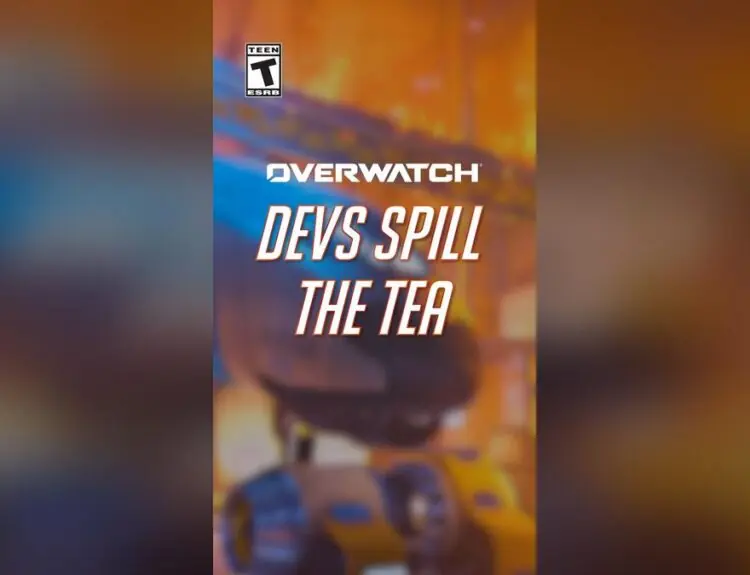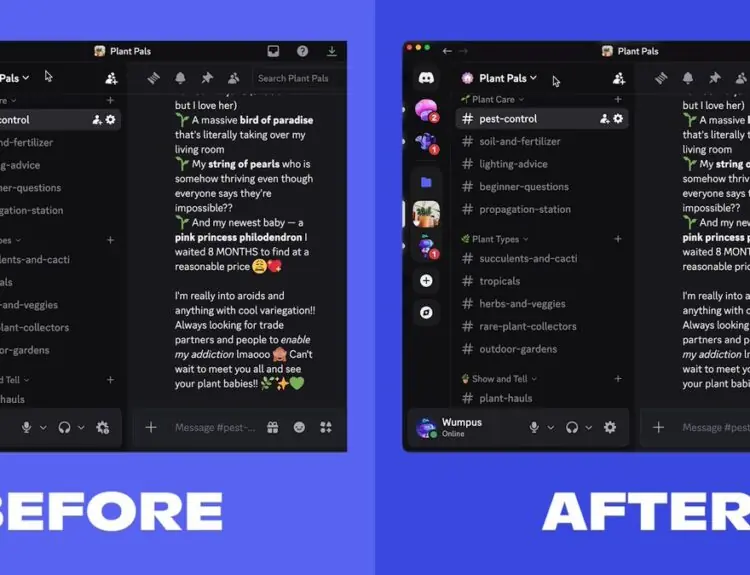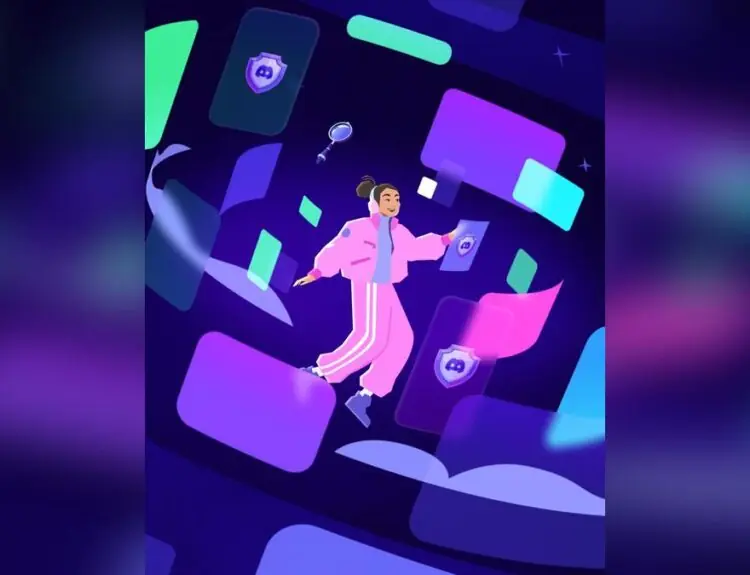In a recent revelation, Shuhei Yoshida, the former head of PlayStation Studios, shared his thoughts on the cancelled project, Last of Us Online. Yoshida confirmed that he had played the game, calling it “great.” However, he highlighted the challenges that game developers face today, especially with live service games. This statement sheds light on the complexities of creating and maintaining online games, a concern that has become increasingly pressing in the industry.
According to Yoshida, the idea for Last of Us Online originated from the creators at Naughty Dog. They were passionate about making the game. Yet, as he explained, discussions with Bungie prompted a stark realization: live service games require significant investment and ongoing support.
Bungie, well-known for its successful title Destiny 2, warned Naughty Dog about the costs associated with maintaining a live service game. This revelation led to an important decision for Naughty Dog. They determined that pursuing Last of Us Online would hinder their ability to develop another project, Intergalactic: The Heretic Prophet. It was a moment of clarity that suggested a lack of foresight on the part of the developers.
Managing a live service title tends to involve constant updates, community engagement, and addressing player feedback. For many studios, this can quickly drain resources. As Yoshida highlighted, Naughty Dog recognized the demands of such a commitment. Instead of stretching themselves too thin, they chose to focus on creating a different game instead. Discussions about resources and time constraints are not unique to Naughty Dog, as many developers wrestle with similar decisions.
The reactions on social media have been varied and passionate. Many gaming fans chimed in on Yoshida’s comments. One user, Nizzy, stated, “Intergalactic is more important than maintaining a live service game.” This comment encapsulates the sentiment that prioritizing new projects can sometimes outweigh the appeal of maintaining existing franchises.
Conversely, a gamer named Mike voiced concerns over Bungie’s role in the vibrant history of Last of Us. He stated, “Nah man that last of us mp in the original was waaaaay ahead of its time.” Mike’s perspective reflects the disappointment some fans feel regarding the decision to cancel.
Furthermore, user MayneForeverGG shared an interesting viewpoint: “One of the rare times where I’d actually give Bungie a W.” This suggests that some players appreciate Bungie’s influence in advising toward smarter business practices, even if it led to cancelling a title fans were eager to play.
Criticism surfaced as well. Nuttuttybuggles questioned, “Why didn’t they outsource it at that point then?” This shows a viewpoint that perhaps there were other alternatives that Naughty Dog could have explored to salvage the project without overburdening their team.
On a more cynical note, Totolitotoro commented, “Intergaylactic will be awful goyslop,” expressing doubt about the new game’s potential. A part of the gaming community prefers sticking to faithful adaptations over untested ideas.
However, others supported the decision to halt the online game, with JMerps95 remarking, “good thing cause not a lot of live service games last.” This resonates with gamers who recognize the high failure rate of such projects. It seems that many agree it can be unwise to chase trends when studios have well-loved IPs.
Finally, there were calls for Sony to shift its focus. Stonesandsnakes suggested, “Maybe Sony should give Bungie support studios to help maintain the already successful Destiny franchise instead of making flops,” indicating a desire for cooperation among studios to build on existing successes rather than take risks.
In the landscape of game development, these discussions reveal that while innovation is crucial, the practicality of resource management and player expectations holds significant weight. As studios navigate these choices, the insights from Yoshida’s comments bring to light the balance between ambition and realism that defines modern gaming. Players and developers alike continue to discuss the crossroads of action-adventure gaming.







